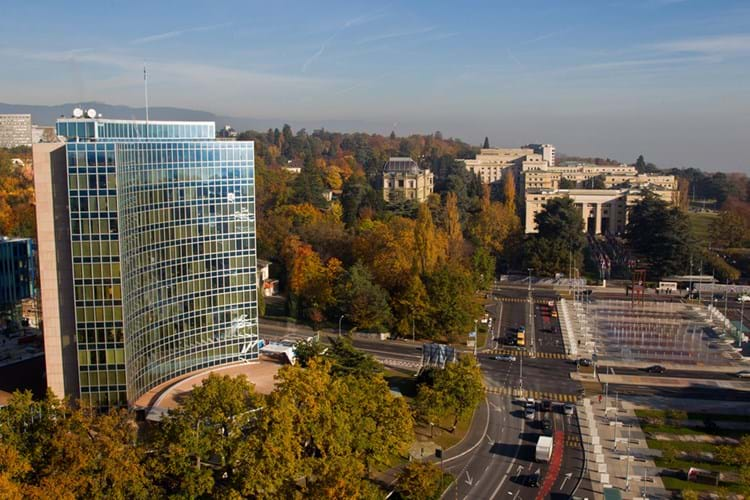
Such a treaty would likely face opposition from countries where ARR does not apply, including the US which has the world’s largest art market, as well as Switzerland which has also resisted its introduction.
A global treaty would also inevitably face opposition from a large section of the art trade. The secretary general of CINOA, the international confederation of art and antique dealer associations, Erika Bochereau told ATG that she declined to attend the event.
“I was invited to participate to a panel discussion on the implementation of ARR,” she said, “but we declined and indicated to the organisers that we did not have anything very positive to say about ARR.
“We do not think that it helps artists and it jeopardizes the important role of a dealer to promote artists by adding an additional charge. We are against the expansion of the ARR.”
The event in Geneva is being organised by the World Intellectual Property Organization (WIPO), a UN agency, and it will be held at its main headquarters in the Swiss city.
It is the first time that a UN body has held a conference dedicated to ARR – a charge on the sale price given to artists and their heirs when their works are sold in auction houses or galleries.
With delegates ranging from policy makers, copyright organisations and artists, the conference will “consider ways of ensuring that the resale right is adopted by governments across the world and the benefits this will bring”.
Source of Debate
Currently the 28 members of the European Union apply ARR on works sold on the secondary art market, and a similar levy has been introduced in a number of non-EU countries including Australia.
Countries where it does not apply include the US, China, Switzerland and Japan.
The campaign to extend ARR across the globe is being led by the International Confederation of Authors and Composers (CISAC), whose director general Gadi Oron said that “there is such strong support for it from the artist community and from a growing number of governments around the world”.
However, the impact of ARR is a source of much debate in the art market. Opponents say that the levy has damaged the trade and added a cumbersome level of red tape.
For more on this story, see next week’s print issue of ATG.





